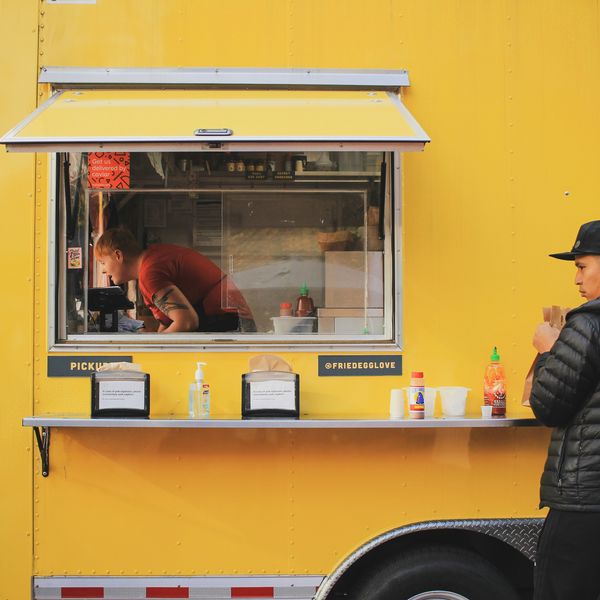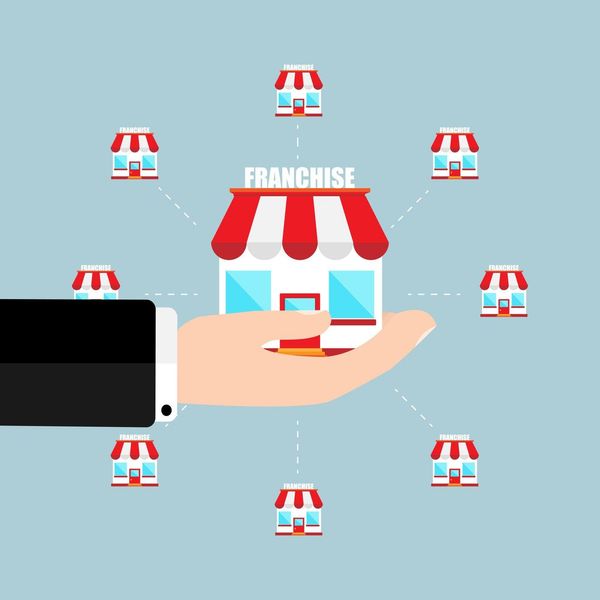
How Much Does a Franchise Cost?
Buying a franchise is an important decision that will impact you financially. Every franchise business comes with financial obligations that include startup costs and ongoing expenses. Because of these potentially large price tags, you need to have an understanding of the types of costs.
Determining the cost of a franchise
The cost of a franchise depends on the franchisor, the industry, and a myriad of other factors, including the size and location of the business.
Different business concepts carry different price tags, with hotel franchises requiring the largest initial investment and ongoing expenses ($10 million+), followed by full-service restaurants (from $700,000 to $3.5 million), fast-food restaurants (from $250,000 to $1 million) and auto repair (from $200,000 to $300,000). Mobile and home-based business franchises are the most affordable category.
When you buy a franchise, costs will be broken down as follows:
Initial investment. Your initial investment will include training expenses, startup promotional fees, inventory, specific architectural elements, equipment, fixtures, and any other expenses necessary to open your business. For more information about the specific costs for a particular franchise, see Item 7 of the franchisor's Franchise Disclosure Document (FDD).
Initial franchise fee. With the franchise fee, you are basically purchasing the rights to the franchisor's trademarks, business methods, and distribution. The amount typically ranges from $10,000 to $30,000; sometimes it is based on the size and location of the franchisee's territory or trading area. The franchise fee is listed in Item 5 of a franchisor's FDD. Some franchisors may allow franchisees to pay the fee in installments.
Ongoing expenses and fees. Ongoing expenses generally include paying royalties to the franchisor, advertising fees, equipment maintenance, employee costs, insurance, rent, and inventory. The royalty fee can range from 1% to 15% percent of your gross sales with the average being 5%. Rather than a royalty fee, some franchisors will charge a regular fee due weekly, monthly, or quarterly. You can find a list of a franchise's ongoing fees in Item 6 of the franchisor's FDD.
More articles from AllBusiness.com:
- Looking at the Causes of Substandard Employee Performance
- 5 Questions to Ask Before Diving Into Franchise Ownership
- Buying a Franchise: What Types of Franchise Support Should I Expect From My Franchisor?
- 3 Biggest Challenges Every Franchisee Faces—And How to Overcome Them
Working capital requirements
Depending on the business, you may also need as little as two to three months, or as much as two to three years, worth of working capital to support your ongoing expenses to the extent that they are not covered by your revenue. The franchisor should provide you with an estimate.
As you determine the cash you have available to invest in a franchise business, remember that you still have to pay your living expenses until the business begins to show a profit. Lenders do not like you to use more than 75% of your cash reserves because more than that limits your ability to deal with unexpected problems, both within the business and your personal life.
Is financing available?
Once you determine how much you can personally contribute toward paying your expenses, then you need to look at ways to finance the remainder. Because you are beginning a new business, lenders will want the loan backed by collateral or guaranteed by an agency such as the Small Business Administration (SBA).
To learn more about franchise financing:
- How I Financed My Franchise: Three Franchisees Share Their Stories
- How to Qualify for a Franchise Loan—Even With Bad Credit
RELATED: Buying a Franchise vs. an Independent Business: What Are the Pros and Cons?



